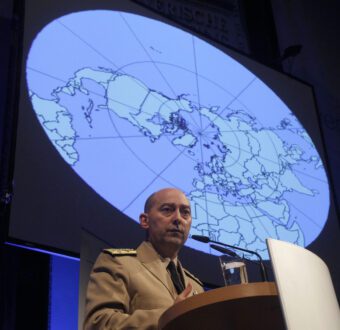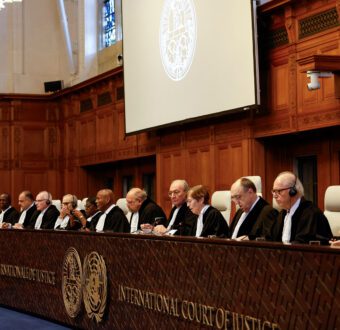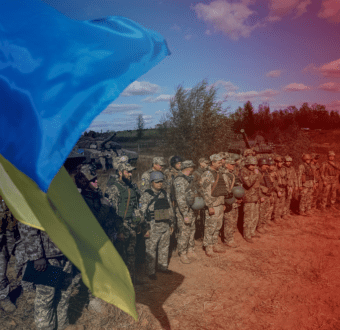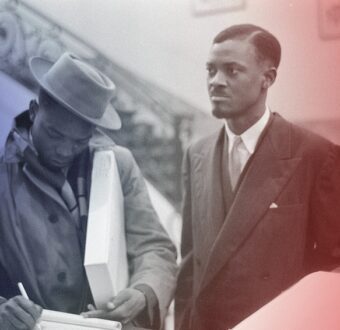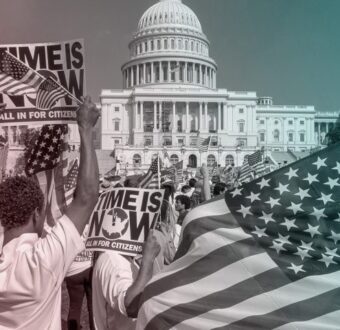Did Trump just Destroy NATO? If so, Should We Care?
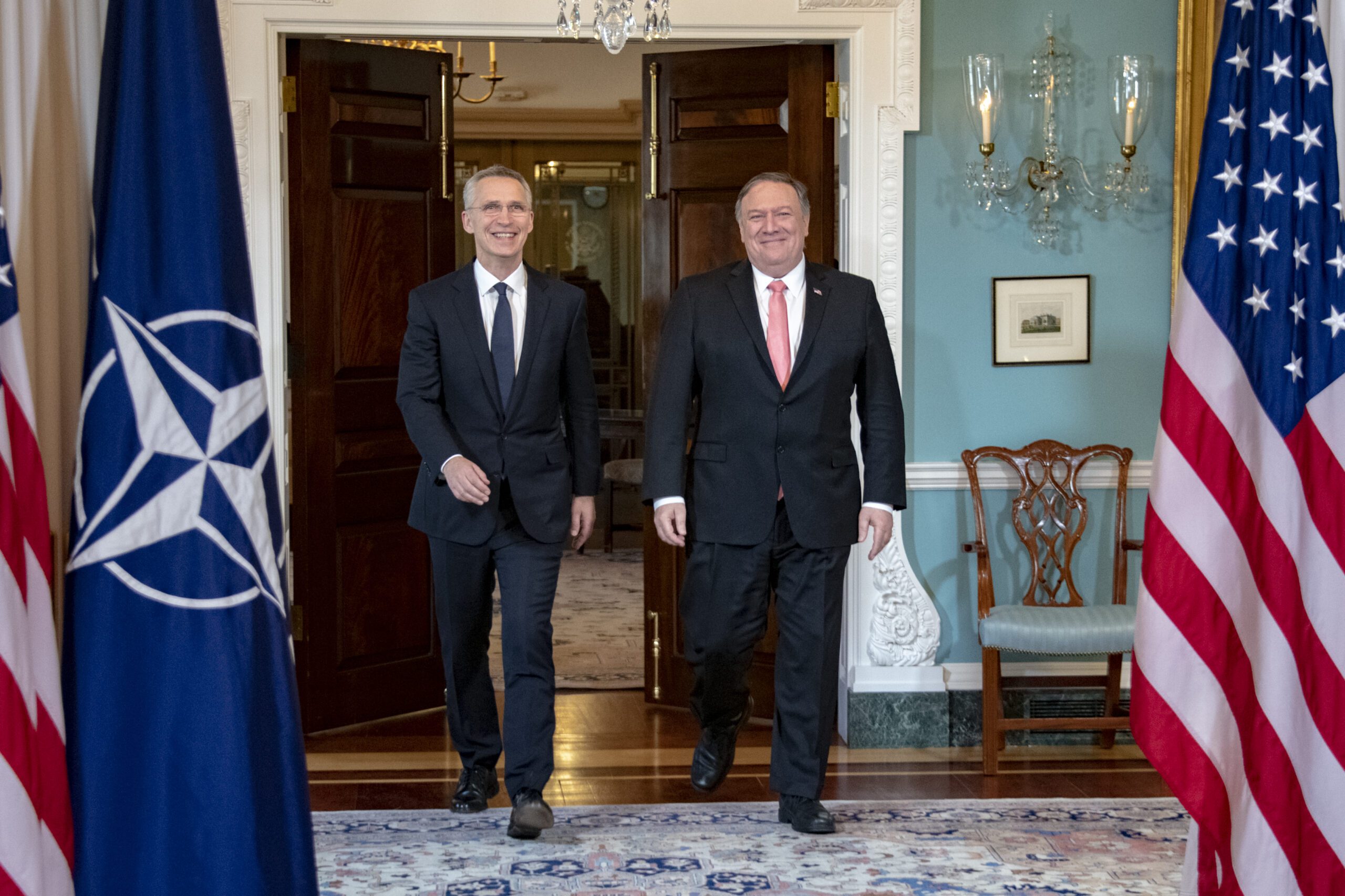
By Mark Hannah, Senior Fellow
This article appeared in the Boston Globe on July 17, 2018.
President Trump is attracting the usual objections after scolding our NATO allies in Europe as cheapskates recently and heaping praise upon the Russian president in their summit Monday. Some say no president in the modern era has so abruptly alienated America’s allies or appeased its enemies.
What certainly is unprecedented is Trump’s exhibitionist style of diplomacy. Full of public displays of affection and aggression, this approach has allies and adversaries doubting the health of the transatlantic alliance. But after watching Trump’s meetings in Brussels and Helsinki, the question to ask is not whether Trump will cause NATO’s breakup, but whether he effectively already has.
Alliances are only as effective as the intentions of their member countries. Like laws, they’re hardly worth the paper on which they’re written unless there is some expectation of enforcement. Harvard’s Stephen Walt has shown alliances dissolve once members “begin to question whether their partners are genuinely committed to providing assistance.” Are our allies questioning America’s commitment? Let’s just say one French official reportedly compared Trump’s participation in last week’s NATO talks to “the neglect you experience from an abusive relationship.”
To be sure, Trump did articulate support for NATO’s famous Article 5, which stipulates that an “attack against one [member country]. . . shall be considered an attack against them all.” But this came reluctantly and only after routine criticism of NATO which stretches back to his presidential campaign, during which he called the alliance “obsolete.”
Read more of Mark’s article in the Boston Globe.

Written by Mark Hannah
Mark is a senior fellow with the Independent America project at the Institute for Global Affairs and host of the podcast, None Of The Above.
Read more from Mark
This post is part of Independent America, a research project led out by IGA senior fellow Mark Hannah, which seeks to explore how US foreign policy could better be tailored to new global realities and to the preferences of American voters.
